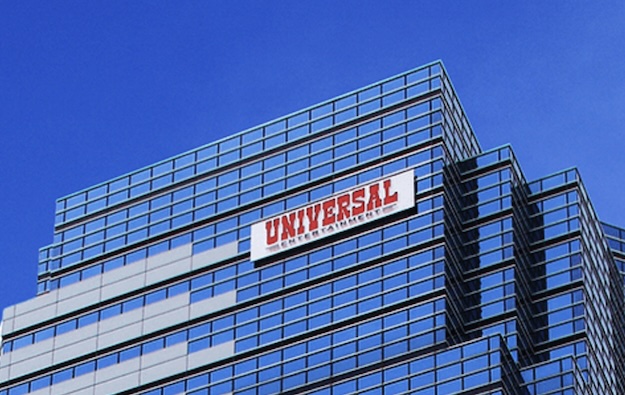
Universal Entertainment Corporation, the parent company behind Okada Manila, has formally concluded the sale of its majority stake in Asiabest Group International Inc., marking the latest chapter in its evolving strategic roadmap. On August 8, 2025, Universal’s Hong Kong-based subsidiary, Tiger Resort Asia Ltd., completed the transfer of its 66.67 percent stake in the Philippine-listed entity to PremiumLands Corp., a privately held real estate developer, for a sum of PHP 510.4 million (approximately US$9 million).
Originally, Asiabest was acquired by Tiger Resort Asia in early 2019 with the clear intention of using it as a backdoor listing vehicle for Tiger Resort, Leisure and Entertainment Inc. (TRLEI)—Universal’s operating arm for Okada Manila—to gain a listing on the Philippine Stock Exchange. However, as Okada Manila delivered steadily improving financial performance over the years, Universal reassessed the need for such a listing strategy. By late 2024, it was concluded that the backdoor route was no longer necessary.
Reports from December 2024 revealed that the sale of Asiabest was being pursued as part of a broader business portfolio transformation. PremiumLands, led by property tycoon Francis Lloyd Chua, emerged as the buyer in what appeared to be a calculated move to repurpose Asiabest—moving away from a shell listing vehicle toward creating an infrastructure-focused business platform. Indeed, Asiabest's January 2025 disclosures confirmed that under PremiumLands’ ownership, the company would retain its structure as a holding entity, while consolidating various infrastructure and mass housing assets—including PLC’s subsidiaries like Kabalayan Housing Corp., Industry Holdings & Development Corp., and linked interests in Concrete Stone Corp. and EEI Corp.—to build a comprehensive ecosystem in the sector.

In announcing the successful transfer, Universal Entertainment downplayed the financial impact, noting that the effect on its consolidated results for the fiscal year ending December 31, 2025, would be minimal. That assessment comes amid broader challenges: for the first half of 2025, Universal reported a net loss of JPY 9.87 billion on net sales of JPY 62.18 billion, a 1.2 percent decline year-on-year. Its integrated resort business, which includes Okada Manila, saw even sharper declines—net sales dropped 16.9 percent to JPY 34.64 billion, while adjusted segmental EBITDA fell 37.7 percent to approximately JPY 7.30 billion. Additionally, Fitch Ratings downgraded Universal’s rating outlook from “stable” to “negative,” citing an absence of a clear recovery path in their integrated resort segment and unexpectedly weak 2024 results.
Reflecting on the implications, the transition of Asiabest from Okada Manila’s promoter to an infrastructure-focused holding group signifies a shift away from financial engineering toward more tangible value creation in property and development. Meanwhile, Universal Entertainment appears to be tactically streamlining its operations, choosing to divest non-core assets and focus investments where market confidence and operational control converge. As Okada Manila continues to weather broader pressures in the Philippine gaming sector—reflected in Universal’s challenging recent results—the stabilization of its structure and capital base may well be a prudent and timely move in anticipation of future rebounds.


 Content Writer: Janice Chew • Wednesday, 25/08/2025 - 22:59:56 - PM
Content Writer: Janice Chew • Wednesday, 25/08/2025 - 22:59:56 - PM